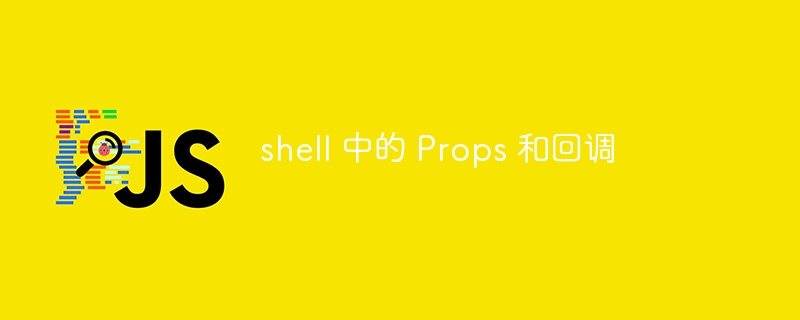
在这篇博文中,我将带您了解一个实际场景,其中父组件 (listbox) 使用 props 和回调与子组件 (alertcomponent) 进行交互。
当您希望子组件与父组件通信以维护状态或触发操作时,这在 react 中非常有用。
让我们通过这个例子来理解:
- 我有一个 listbox 组件,用于显示项目列表。当用户长按任何项目时,会出现一个警告对话框,询问用户是否要删除该项目。
以下是交互细分:
- listbox(父级)渲染项目并将必要的道具和回调传递给 alertcomponent(子级)。
import react, { usestate } from 'react';
import alertcomponent from './alertcomponent';
const listbox = () => {
const [showcomponent, setshowcomponent] = usestate(false);
const alertaction = async () => {
setshowcomponent(!showcomponent);
};
return (
item 1
{/* other list items */}
{/* passing props to the child component */}
{
alert('item deleted');
setshowcomponent(false);
}}
oncancel={() => setshowcomponent(false)}
showcomponent={alertaction}
/>
);
};
export default listbox;
- alertcomponent 接受诸如标题、描述和回调等属性,例如 onaccept、oncancel 和状态更改属性 showcomponent。
export const alertcomponent: = ({ title, description,
onaccept, oncancel, showcomponent }) => {
return (
... rest of the code
)
}
- 父组件需要管理对话框的可见性,子组件通过回调发出事件来与父组件交互以切换此可见性。
showcomponent 作为回调工作,因为它维护负责显示/隐藏 alertcomponent
每当按下 reject 时,此回调将切换 showcomponent 的当前状态。
{ alert('Item Deleted'); setShowComponent(false); }} onCancel={() => setShowComponent(false)} showComponent={alertAction} />
以这种方式使用 props 和 callbacks 可以让 react 中父组件和子组件之间的数据清晰流动。
父级可以控制状态并将其传递给子级,而子级可以通过回调进行通信,以通知父级用户执行的任何更改或操作。
这对于显示警报、模式或弹出窗口以响应用户交互等场景特别有用。
继续建设!



























